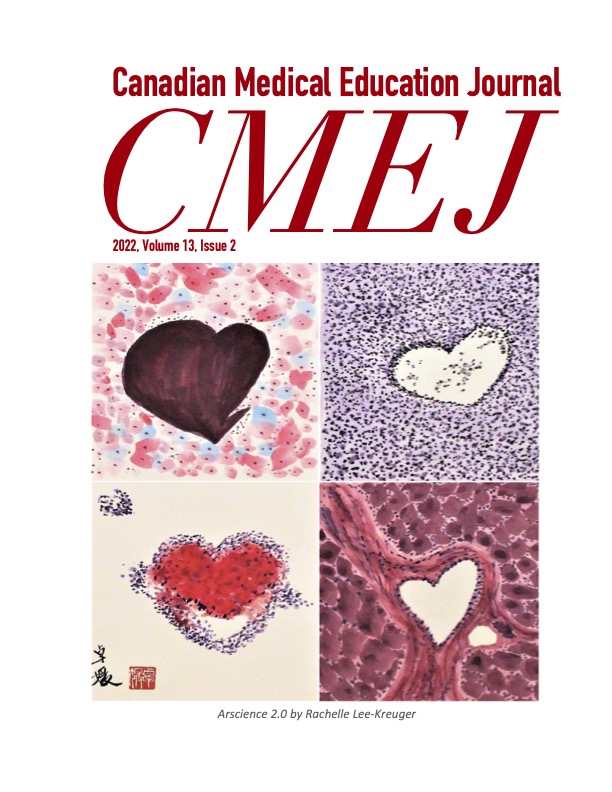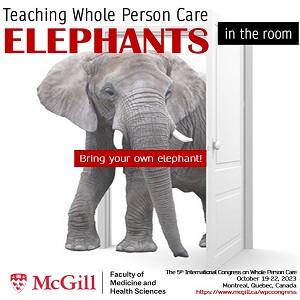Five ways for facilitators to get a grip on small group learning
DOI:
https://doi.org/10.36834/cmej.72949Abstract
Successful groups do not happen by chance, and they do not depend solely or even mainly on the interpersonal skills of the group members. Cooperative learning (CL) theory tells us that small groups are successful when facilitators structure and organize the small group to include each one of the five elements of cooperative learning. In this article, we have described each of these five elements as a way to get a grip on small group learning: positive interdependence, promotive interaction, group and individual accountability, interpersonal and small group skills, and group processing. To help our readers remember the five key elements of CL, the five ways to get a grip on small group facilitation, we have created an infographic.
Metrics
Downloads
Published
How to Cite
Issue
Section
License
Copyright (c) 2019 Marcel D'Eon, Rebecca Zhao

This work is licensed under a Creative Commons Attribution-NonCommercial-NoDerivatives 4.0 International License.
Submission of an original manuscript to the Canadian Medical Education Journal will be taken to mean that it represents original work not previously published, that it is not being considered elsewhere for publication. If accepted for publication, it will be published online and it will not be published elsewhere in the same form, for commercial purposes, in any language, without the consent of the publisher.
Authors who publish in the Canadian Medical Education Journal agree to release their articles under the Creative Commons Attribution-Noncommercial-No Derivative Works 4.0 Canada Licence. This licence allows anyone to copy and distribute the article for non-commercial purposes provided that appropriate attribution is given. For details of the rights an author grants users of their work, please see the licence summary and the full licence.












